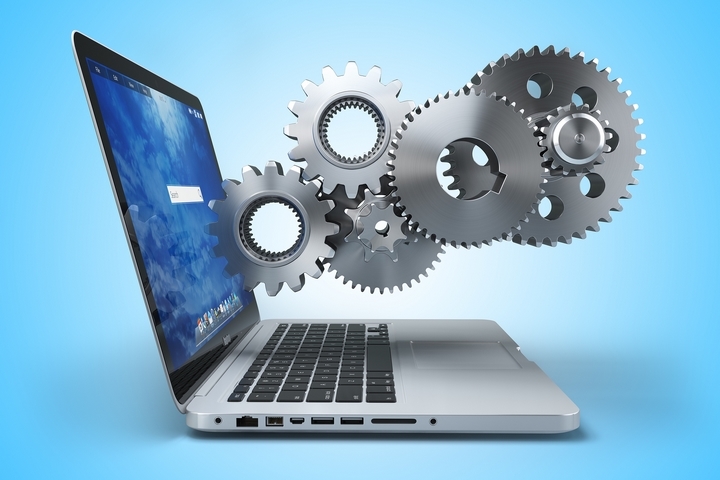One of the great constants of the industrial sphere is that you need to adapt to survive. As we continue to move in an evermore online-based direction in both our business, as well as social lives, it becomes all the more important to increase the degree to which we can access online resources. While it is easy enough for most of us to access the Internet, that accessibility is still only tied to our phones, laptops, tablets, and similar devices. With the rise of technologies such as the Industrial IoT, companies will be able to bring the physical workplace and online resources into contact to a greater extent than ever before.
1. Big Data Analytics
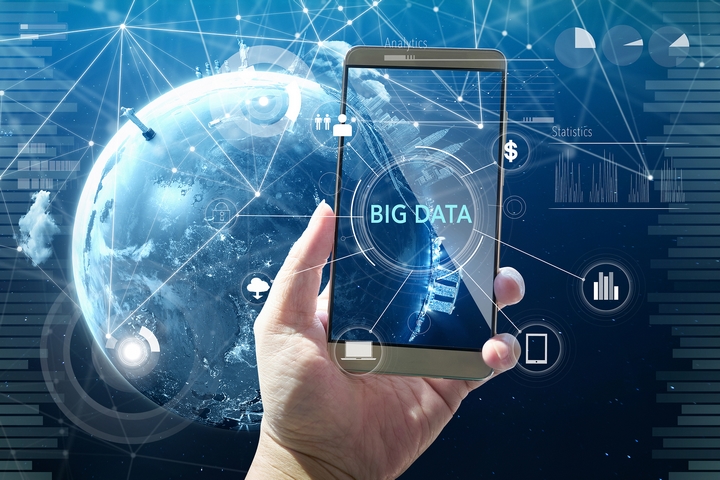
It’s fair to say that there are few buzzwords more popular and adhered to in all sectors of business at the moment than “analytics.” The kind of advanced statistical data and the predictive power they can yield for a business can make the difference in helping a company market their products better than the competition. When it comes to business, you need to know what your consumers are like and what they want, and analytics help companies do just that. Your business needs to think big, and big data analytics can help you see the big picture, building the macro from countless microcosms.
That said, your analytics game is only ever as good as your means of gathering statistics.
That’s one reason why the IIoT has the potential to be so powerful. It can allow companies to gather data from newfound sources, giving them a better chance at getting the data they need to meet and predict consumer demands.
Think of all the things you interact with on a daily basis. Now imagine a company being able to get consumer data based on some or all of that.
On the one hand, without proper controls and regulations, that sounds like a slippery slope into an Orwellian or Brave New World-esque future.
On the other hand, properly regulated, this can help companies get a better idea of what you as a consumer really want, and thus enable them to better tailor their products to you.
2. Cloud Connectivity and Computing
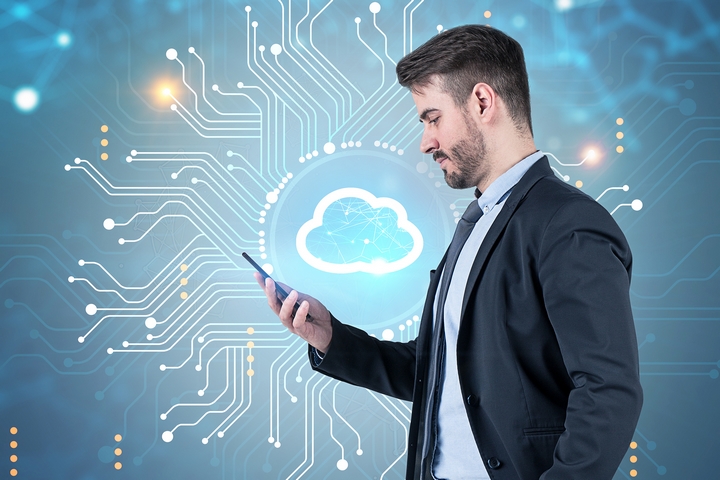
In addition to analytics, connecting to and storing data on a cloud is easily one of the most helpful tech breakthroughs of the past decade-plus. It’s already allowed users to store and access data from anywhere in the world without worrying about whether or not they brought along their flash drive. (Remember those?)
The future of the IIoT might enable that process to go a step further, allowing everyday objects to connect to and draw files from that same cloud. This can allow robots on an assembly line to access data from a cloud in the course of their work.
3. Artificial Intelligence
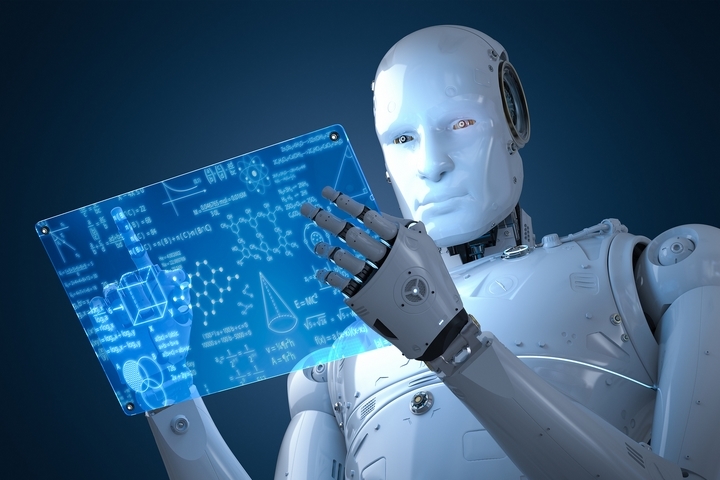
Speaking of which, the Industrial IoT has the potential to make artificial intelligence even more intelligent. After all, we learn best when we have access to a wealth of “learning materials.” That’s what makes it so important to make sure that children have early access to libraries, music, math books, starter science sets, and other educational content both physical and online in the form of edutainment on YouTube.
Now imagine artificial intelligence having access to the equivalent of a library in the data stored in your cloud. It could be able to not just access that data but, with the right learning software, learn from it over time, increasing its predictive ability and thus increasing the likelihood of it making the right decisions. This, in turn, would help with the efficiency rate of any industry with which it was connected.
4. Connecting Previously Unconnected Systems
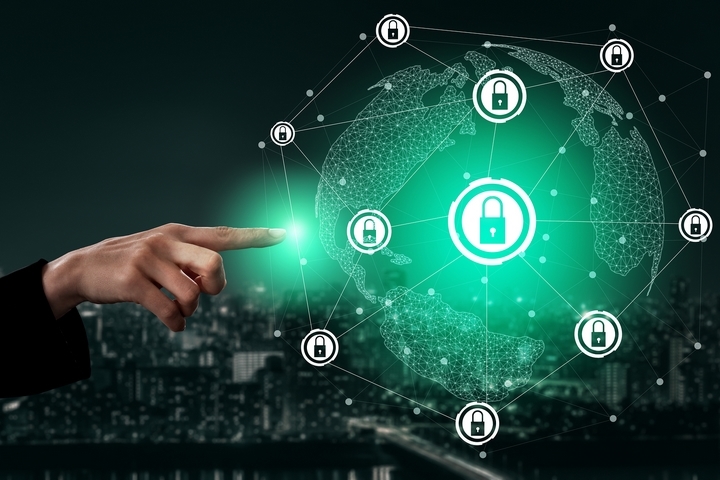
A lack of communication is and always has been one of society’s most limiting factors. When two people can’t talk due to a lack of a common language, at “best” it can cause confusion, and at worst that confusion could turn tragic. Likewise, when computer systems aren’t compatible, or everyday items aren’t able to connect to the Internet, we as an increasingly-interconnected online-based society have a problem. The IoT thus endeavours to eliminate that limiting factor by connecting previously unconnected systems to the Internet via scanners and sensors.
All of this and more can benefit companies and everyday people alike as the IoT and its industrial counterpart becomes a greater part of our lives.

